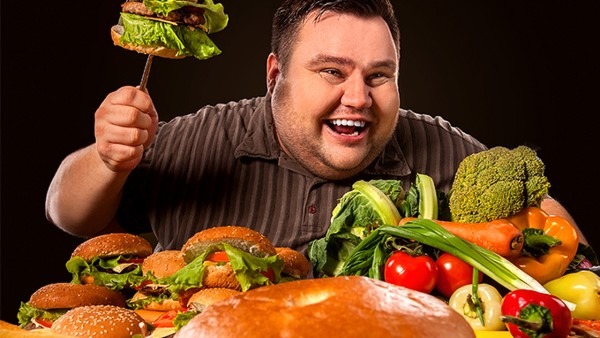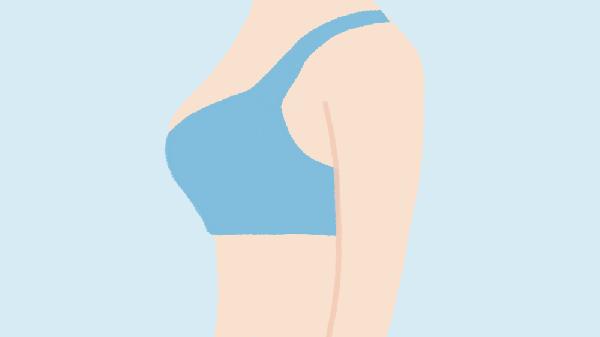If you're constantly feeling sluggish, bloated, or just "off," your carb intake might be the sneaky culprit. While carbohydrates are essential for energy, going overboard—especially with refined carbs—can leave you feeling worse than a Monday morning before coffee. Your body has ways of waving red flags when you're carb-loading a bit too hard, and recognizing these signs can help you find balance without ditching carbs entirely.

Ever felt like you hit a wall an hour after lunch? That's the infamous carb crash—your blood sugar spikes from that extra-large pasta portion, then plummets faster than your motivation to hit the gym after work. Refined carbs (think white bread, pastries, sugary cereals) digest quickly, flooding your system with glucose. Your pancreas responds by pumping out insulin to manage the surge, but sometimes it overcorrects, leaving you shaky, foggy, and desperately Googling "why am I so tired?"
If you're raiding the snack drawer two hours after a "full" meal, your carb-heavy plate might be to blame. Simple carbs don't trigger the same satiety signals as protein or fiber. Instead of keeping you satisfied, they create a cycle where your body craves quick energy fixes—hello, 3 PM vending machine runs. Pairing carbs with healthy fats or protein slows digestion, keeping hunger pangs at bay longer than your last New Year's resolution.
That "food baby" isn't just from overeating—excess carbs can ferment in your gut, creating gas that makes you feel like a human balloon. Processed carbs often lack fiber, slowing digestion and letting bacteria party a little too hard in your intestines. Swapping even half your refined grains for whole foods like quinoa or sweet potatoes can make a difference you'll notice when you button your jeans.
Your sudden acne flare-up might be linked to that extra slice of pizza. High-glycemic foods spike blood sugar, triggering inflammation and excess oil production—basically setting up a red carpet for breakouts. Dairy combined with simple carbs (looking at you, mac and cheese) doubles down on this effect. If your skincare routine isn't cutting it, your pasta habit might need reassessment too.
If your usual jog suddenly feels like running through molasses, inconsistent energy from carb-heavy eating could be the issue. While athletes need carbs for performance, relying solely on quick-burning sources means no sustained fuel. Incorporating complex carbs like oats or brown rice provides longer-lasting energy, so you're not gassed before finishing your warm-up.
Carbs hold onto water—for every gram stored as glycogen, your body retains three grams of water. Overdo the bread basket, and you might notice constant thirst or puffy fingers. This isn't just dehydration; it's your body struggling to balance fluids amid carb overload. Drinking more water ironically helps flush excess, proving life's cruelest irony strikes again.
That post-lunch irritability isn't just coworkers getting on your nerves—blood sugar rollercoasters directly impact neurotransmitters. The crash after a high-carb meal lowers serotonin and dopamine, leaving you snapping at innocent baristas. Stabilizing meals with protein prevents these dramatic dips, keeping your mood steadier than a therapist's advice.
If the number jumps up overnight despite no major diet changes, water retention from excess carbs is the likely culprit. Unlike actual fat gain, this temporary bloating drops once glycogen stores normalize. But if high-carb days become the norm, those fluctuations may start trending upward permanently—your body's version of "the receipts don't lie."
Cutting carbs completely isn't necessary (or fun)—the key is choosing quality sources and balancing them with other nutrients. Next time you feel off, check if your plate looks like a carb convention, then tweak ratios until you find your energy sweet spot. Your body will thank you with better moods, steadier energy, and maybe even fewer awkward "I swear these pants fit yesterday" moments.
























